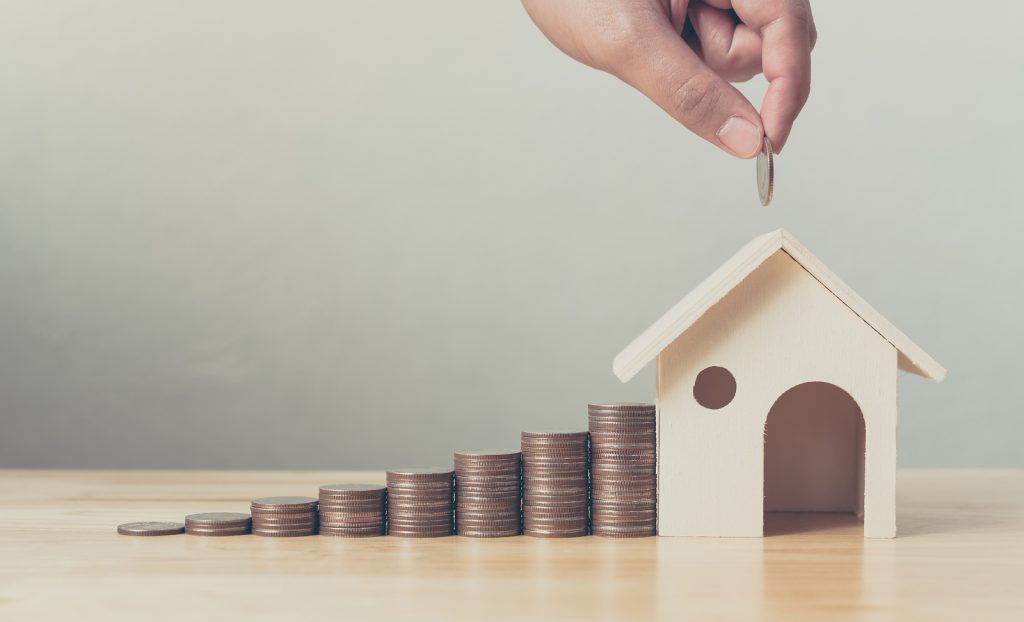There’s a lot to like about New Jersey real estate investing. Like, for example, getting a constant cash flow, while your property’s value increases over time. Plus, the fact that you can sell your property anytime is a nice financial security blanket. But, as profitable as it may seem, real estate investing isn’t easy to get into, with extremely high capital being the biggest barriers for those interested on growing their money this way.
If you’re interested to invest in New Jersey real estate, it’s imperative that you make your choice based on logic and cold-hard facts.
Below are five things that you’ll want to consider when first venturing into real estate In New Jersey:
1. Condition of the Property
Flipping a run-down house is a potential gold mine if you know what you’re doing. If not, then you’d be lucky to break-even considering how easily the costs for repairs and renovations can rack up.
Common red flags to watch out for are structural issues, mold and asbestos abatement, and pest problems.
2. Location, location, location
Location is also equally important. It doesn’t matter how good the condition of the property is if it’s located in a bad neighborhood. Where the property is located can determine if you’re going to attract good payers and how often it’ll be vacant.
A good measure of how good a property is if the rental properties around it are constantly full and fetch a good price. If the other rental properties in the area have long-term and good paying tenants, then you most likely have a bargain at your hand.
3. Is a School Nearby?
Being located near a quality school can drive up the rent prices of your property, so take that into consideration when looking for houses for sale in New Jersey to invest in.
If there are no nearby schools, then you may want to skip on the property. Although there’s never any shortage of tenants in New Jersey, a property located near a school will attract families and they usually are the best payers and stay for years at a time. Not to mention that a property located near a high-quality school will fetch a relatively high price on the market in the future.
4. How High Are the Taxes?
Investing in New Jersey real estate means that you’ll have to be prepared for high property taxes. But, just how much depends exactly on where you want to invest in. Because, sometimes, it might just be worth it to pay a premium on property taxes on certain properties.
For example, if you find a property located near a school and in a good location, then you can ask for a higher rent, which means you won’t be losing as much to the higher property taxes. In line with this, it might not be worth it to buy a property with low property taxes if the location is not ideal since you won’t be making as much from rent anyway, not to mention you’ll have a hard time finding good tenants and selling it for a fair price down the line.
5. Average Local Rent
Knowing how much a typical tenant has to pay for in your area can go a long way in telling you if a particular property is profitable or not since you can use it as a baseline to calculate if it’ll be enough to cover enough of the expenses.
Think long-term as well. The rent might be high right now, but what about in the future? It’s not unusual for savvy property owners to sell their houses if in case they know that their neighborhood is on the decline, or if property taxes are going to increase by a lot in the future. This is why it pays to do your research on the area so you can project the possibly outlook at least five years from now.
Investing in New Jersey real estate is a wise choice, but only if you know what you’re looking for.





